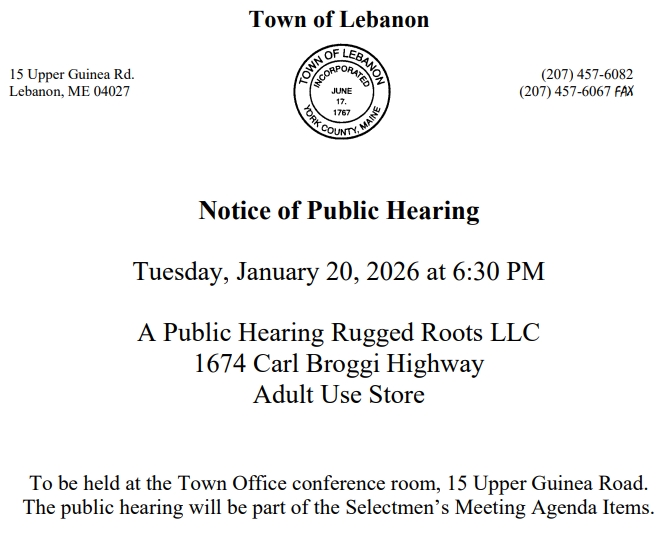
ROCHESTER - When Rochester's warming shelter at the National Guard armory on Brock Street closed down after a January cold snap, several of the homeless reached out to Rochester's welfare office seeking continued housing assistance.
"We offered them shelter, but they refused," said city Welfare Director Todd Marsh. "We offered them (various shelters options) but they wanted a motel room, which we said 'No,' so they walked away."
So solving the homeless problem is a lot more challenging than just putting a roof over someone's head.
It's solving life problems, oftentimes with people whose judgment is compromised by things like addiction and mental issues, said Marsh, who has been Rochester's Welfare Department chief since 2003.
Marsh and his department long ago ended the mindset of "see if they qualify for a town handout and hand them a voucher if they do."
"We take things on a case by case basis now," he said.
Over the past 20 years this approach has led to an 80 percent reduction in costs to city taxpayers, and while Marsh doesn't take full credit for the savings, he's definitely proud of it.
"We've been doing a better job," he said on Tuesday.
According to Marsh over the past two decades the city has paid out an average of $450,000 annually, with a peak of around $600,000 one year.
In the most recent fiscal year, however, that was down to just $120,000 comprising assistance to 246 families and 149 single residents.
It should be noted that the city's welfare office is separate from DHHS which is housed in the Community Center on Wakefield Street.
While DHHS handles ongoing programs like TANF and Food Stamps, the city's welfare department often handles residents facing unforeseen emergencies like a job loss, an eviction notice or an immediate need for food or fuel assistance.
But while many city welfare offices just deal with determining eligibility and printing a voucher, Marsh says they do a lot of triage, finding out the underlying reason for a financial problem, to better help "minimize recidivism and maximize self-sufficiency," one of his department's mantras.
"When they come in we'll take an hour for the initial sitdown instead of what used to be just a half hour," Marsh said. "If they're out of work we may work with them on job search techniques, filling out applications and building resumes."
And the department keeps a file on all applicants so they can determine if progress is being made or if some other avenue can be utilized to get them back on their feet.
Of course, keeping a file can also point out problems.
"If a person comes in and says they need help because someone stole their money, well is that possible? Of course, so we may help them out," Marsh said. "But if they come in six weeks later and say the same thing - someone stole their money - well, is that possible? I guess so, but maybe not, so we keep records. Remember we're spending taxpayer money."
And while those who have been to a DHHS center and see them as impersonal, perhaps drab and detached, Rochester's welfare department is more laid back with soft lighting and quiet, tranquil-themed music filling the waiting room.
"The biggest thing we do is treat people with respect," Marsh said. "We try to make people feel comfortable and respected.
"Of course we are responsible for the money we pay out so we always follow the practice of 'trust but verify,'" said Marsh, who oversees a dedicated team of three other professionals including Gina Lytle, an intake specialist; Nancy Poulin, a social worker; and Gail Galloway, who manages billing.
Marsh said the four of them are always looking to innovate to make clients more comfortable, or as comfortable as can be hoped when making the sometimes uncomfortable journey to their offices in the basement of City Hall.
One of the more recent innovations city welfare workers along with nonprofits and other community activist groups have been able to achieve is what's known as the Community Care Team, which meets every Monday at Frisbie Memorial Hospital.
The Community Care Team began about a year ago and comprises some 20 different organizations who seek to serve the disadvantaged including the needy, those suffering with mental and addiction issues and homelessness.
Many of the clients they talk about at these meetings are being served by multiple entities that are represented at the table.
"We discuss real cases and try to help solve some of the real problematic cases," Marsh said, adding that all those being discussed have agreed to privacy waivers.
The team meets every Monday and has been instrumental in achieving a better understanding on how to help many clients.
"We go to these meetings and we can put the pieces together," Marsh added. "We need more and more collaboration like this. It's been a great development."













